Whenever an Indian reaches out for a biscuit to dip in his tea, there is a good chance that it is a Britannia. There are very few companies in India that play such a vital part in our everyday lives. Britannia is not just one of the biggest Indian CPG companies but rather one of the oldest, with a rich legacy of 125+ years. Brand Britannia is listed amongst the most trusted, and popular brands in various surveys conducted by prestigious organizations like Millward Brown, IMRB and WPP Group, to name a few. In this article, we look at the genesis of Britannia in pre-independence India, its operations today, and its planning to tackle a tech-focused future.
A Legend Is Born
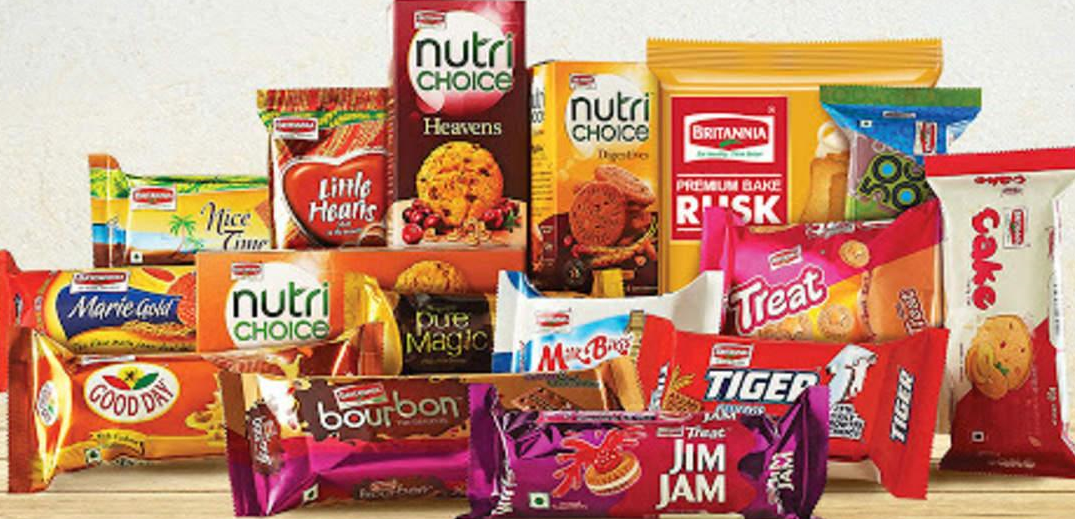

Britannia Industries Limited was established in 1892, with an investment of ₹265. Initially, biscuits were manufactured in a small house in central Kolkata. Later, the Gupta brothers acquired the enterprise. In 1918, C.H. Holmes, an English businessman in Kolkata, was taken on as a partner, and The Britannia Biscuit Company Limited was launched. Biscuits were in high demand during World War II, which boosted the company’s sales and gave it a footing along with a new corporate identity — “Eat Healthy, Think Better”.
Ownership and shareholding later changed. From Gupta Brothers and CH Holmes Limited to Peek Freans and later ABIL, Britannia, the biscuit company was going through constant change. Only in 1978, with a public issue, the company firmly established itself as Indian, with an Indian shareholding of over 60%. In 1979, the company changed its name from Britannia Biscuit Co Ltd to Britannia Industries Ltd.
Britannia & its Biscuits


During World War II, British India’s government needed a supply of specially made biscuits for its soldiers. The Britannia Biscuit Company rose to the challenge. The deal ran for several years, and the company sometimes devoted 95% of its capacity to produce biscuits for the armed forces. It was also the first biscuit maker in India to mechanize production and the first one east of the Suez Canal to use gas ovens, which it imported in 1921.
Today, the biscuit maker partners with the United Nations World Food Programme, supplying biscuits worldwide, especially during emergencies. Many are customized to fulfil specific nutrient requirements. Britannia is among the most trusted food brands and manufactures India’s favourite brands like Good Day, Tiger, Bourbon, and Marie Gold, all household names.
A 21st Century Britannia


During the year 1997, with Britannia entering into the dairy products market, a new corporate identity was established. The mission was to ‘Make every third Indian a Britannia consumer.’ Under Nusli Wadia’s leadership, the company was preparing for a new century with new rules. Britannia was quick to understand what caught the attention of the consumers. In the early 2000s, when Cricket Fever was at its peak, Britannia started sponsoring heavily in cricket matches, going as far as to feature its logo on cricket bats of many famous cricketers.
Britannia’s pioneering spirit continues with distribution networks and pack sizes. Britannia has been aggressively penetrating the rural markets through its Small SKUs, and outlet coverage for directly reached stores has doubled in the past three years. Biscuits are available to consumers, even in the most remote places and in the smallest of villages. Penetrating in the rural and urban market was done by adopting different pricing strategies, for e.g. Britannia Cakes appealed to the Urban population, whereas 50–50 biscuit was successful in capturing the rural market.
A Tech Focussed Future
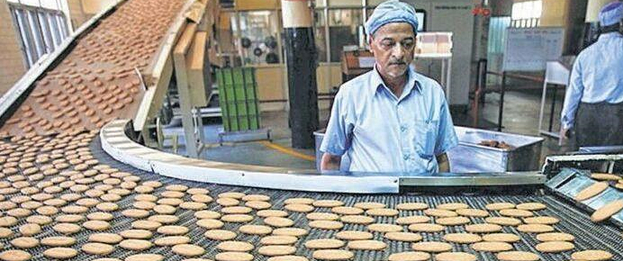

Britannia has been at the forefront of technology adoption, and doing so proactively has paid it big dividends. For e.g. Internet of Things (IoT) is being increasingly deployed at Britannia’s factories, where the machines flag and alert the plant operator as soon as any packet from the assembly line fails to meet the specified weight. Technology-based initiatives have helped Britannia boost its profitability, productivity, and efficiency at all levels. While IoT has helped prevent wastage, analytics has helped improve Britannia’s production planning. It has developed an algorithm to identify demand clusters, which often cut across state borders. While the company was previously making such estimations manually, the data analytics algorithms have automated the procedure.
Britannia has more than 115 SKUs at over 100 production locations and distributors throughout 50 depots. With better analytics, it has reduced the non-availability of certain products with distributors by half. Britannia is also planning to shift its focus to direct supply by operating with a zero-day inventory. With the direct distribution model, Britannia wants to control the complete supply chain itself. The company has more than 20,000 employees who visit retail stores to analyse sellers’ needs and suggest products. These workers then take orders and send them to the distributors by using mobile apps. In this new model, the distributors will have to send the products within one day to increase sales.
Britannia has been adopting cutting edge technology for the past couple of years at a rapid pace. An increase in operational efficiency will directly lead to more profits and ensuring quality-focused products will result in long-lasting customer satisfaction. Tech-enabled Agile operations are the future and only those CPG companies will survive that adopt the same. Looking at Britannia’s operations, it seems like that is the way to go!



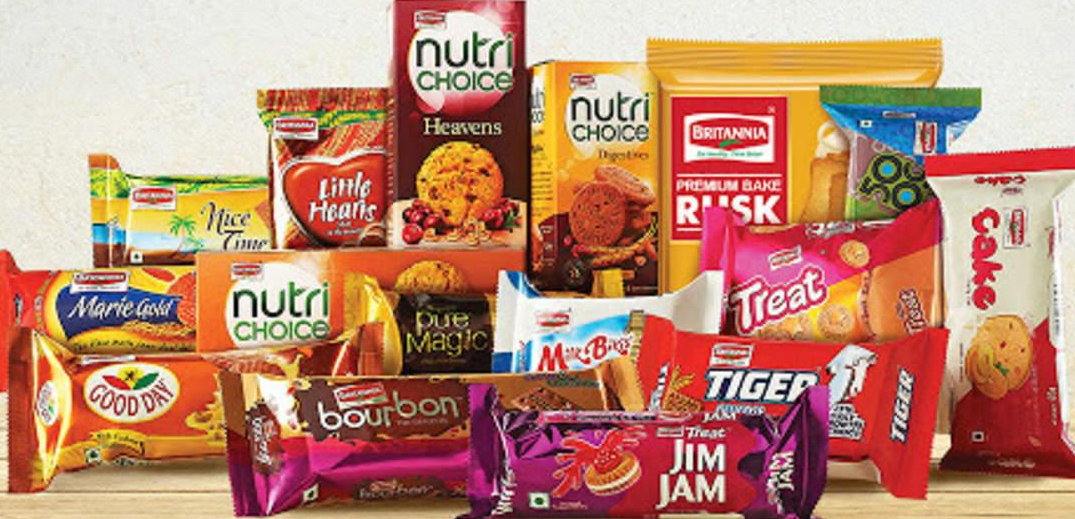
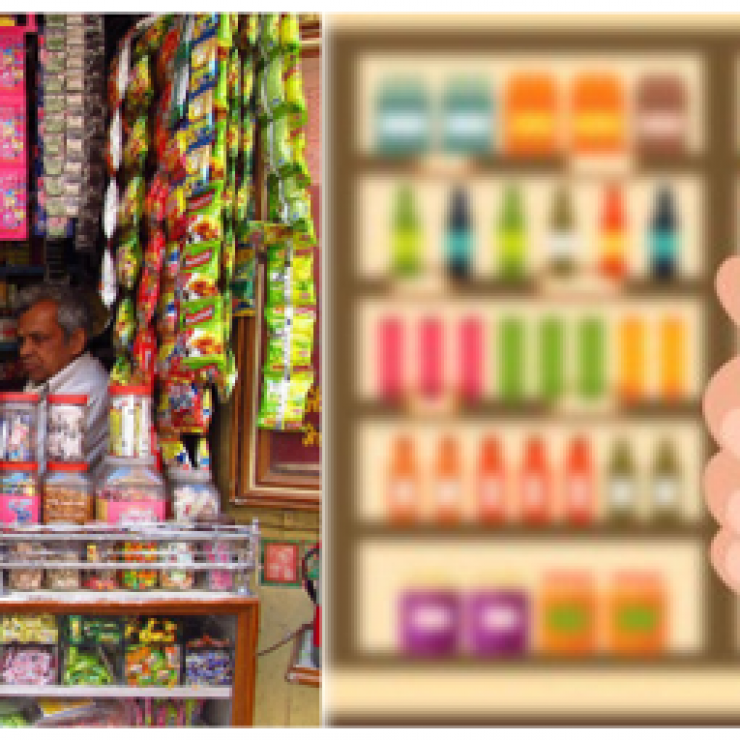
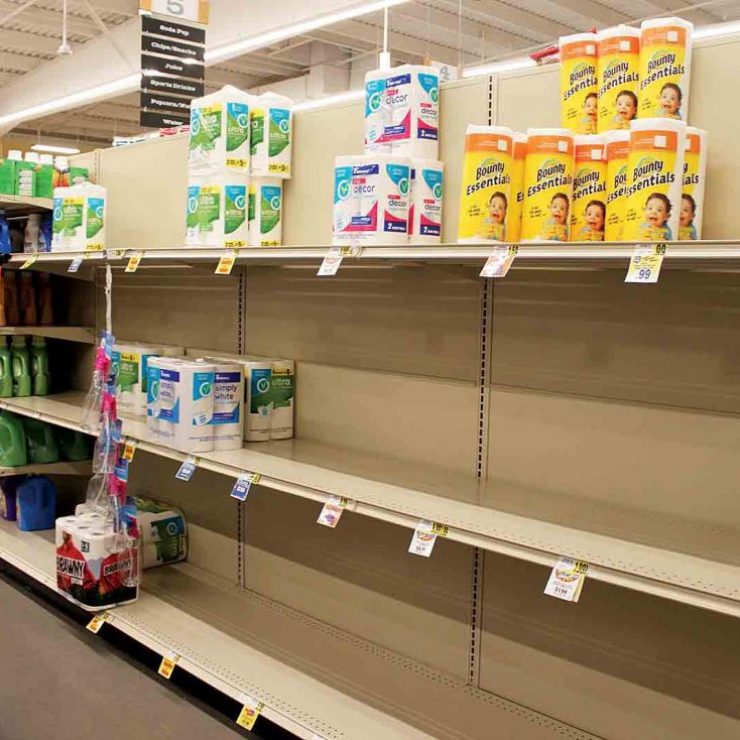
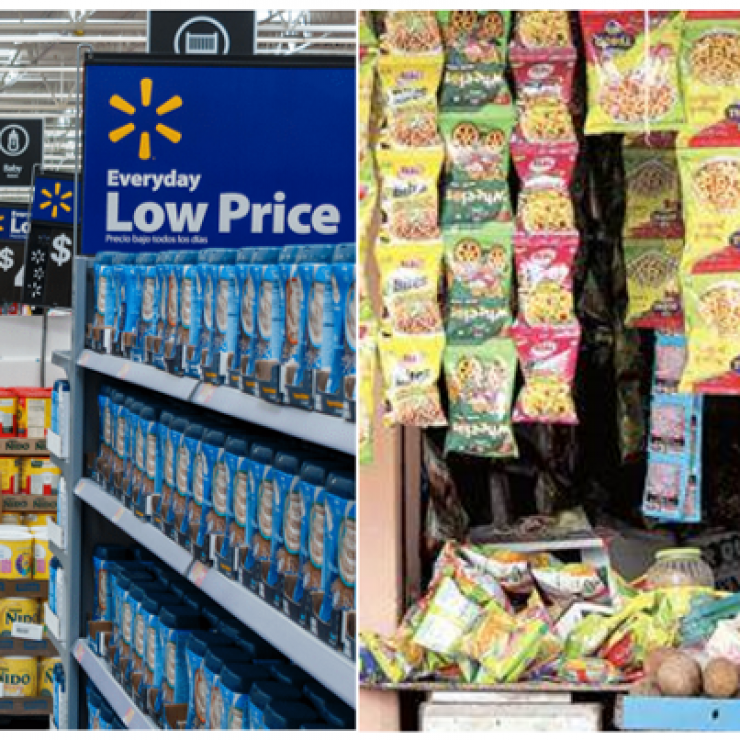

Nice